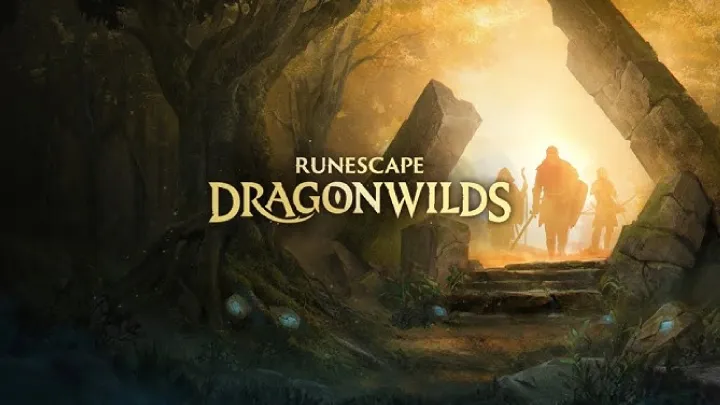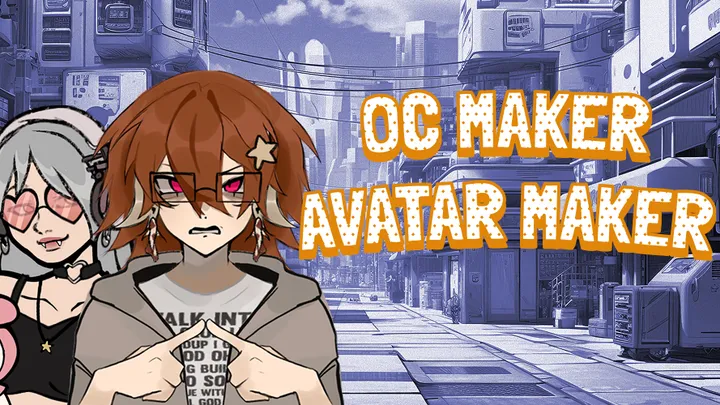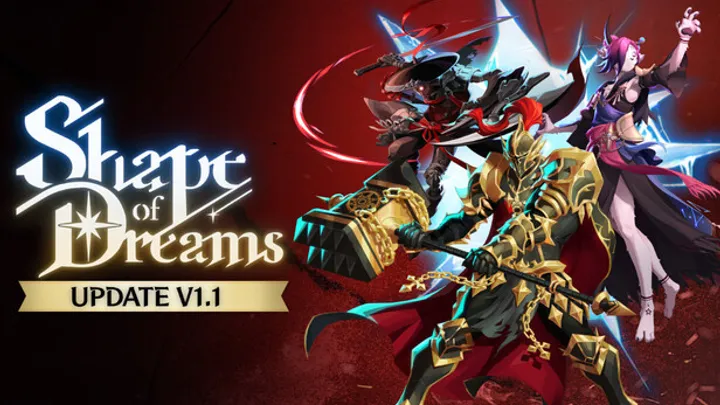Explore the best games and apps on Frooglegeek and get your geek on!

Popular Apps
Popular on Blog
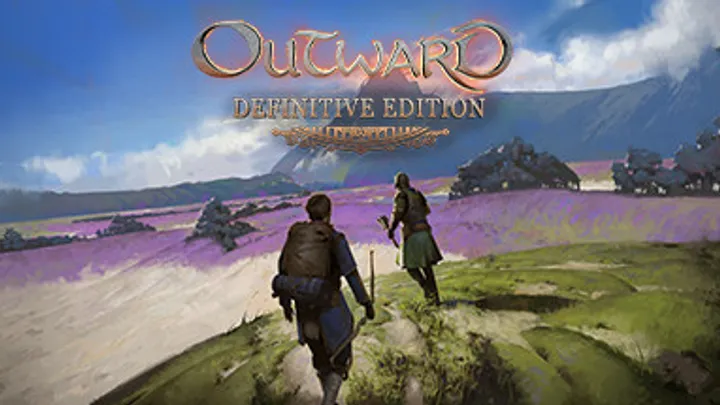
Outward – Why Its Brutal Survival Systems Redefined Modern RPG Expectations
Explore how Outward’s brutal survival systems redefine RPG design through meaningful preparation, harsh consequences, and vulnerability-driven progression.
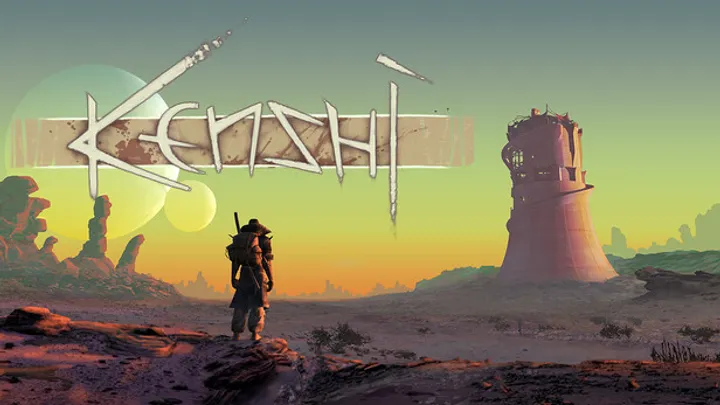
Starvation as Systemic Oppression: How Hunger Mechanics Shape Social Hierarchy in Kenshi
A detailed analysis of Kenshi’s hunger mechanics and how food scarcity shapes labor systems, faction power, slavery, and long-term survival strategy.

This War of Mine and the Economics of Civilian Suffering: How Scarcity Redefines Morality
An in-depth analysis of This War of Mine and how its scarcity-driven systems transform survival into moral compromise during civilian wartime suffering.
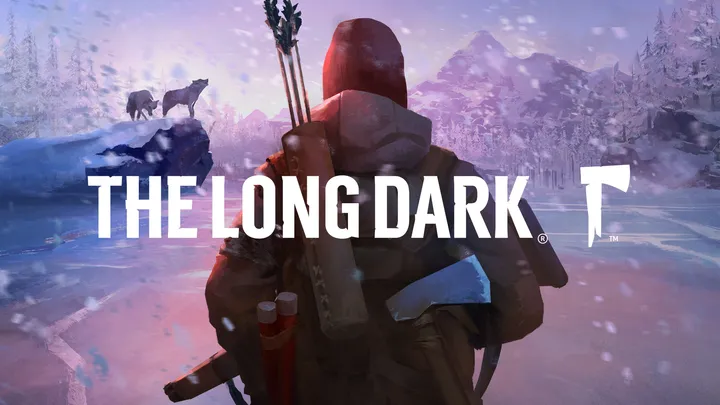
The Quiet Collapse of Hope: Cabin Fever and Psychological Attrition in The Long Dark
A deep dive into The Long Dark’s survival design, exploring how permadeath, resource scarcity, and isolation create relentless psychological tension.
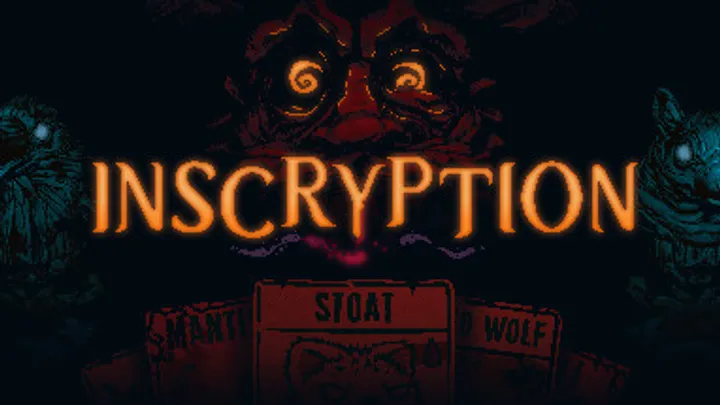
Inscryption: When the Card Game Breaks the Fourth Wall and Weaponizes Player Trust
A deep analysis of Inscryption’s shifting rule systems and how the game weaponizes player trust, turning mechanical instability into psychological horror.
Latest Posts

The Forge – How to Master a Hot Game of Mining, Crafting, and Combat
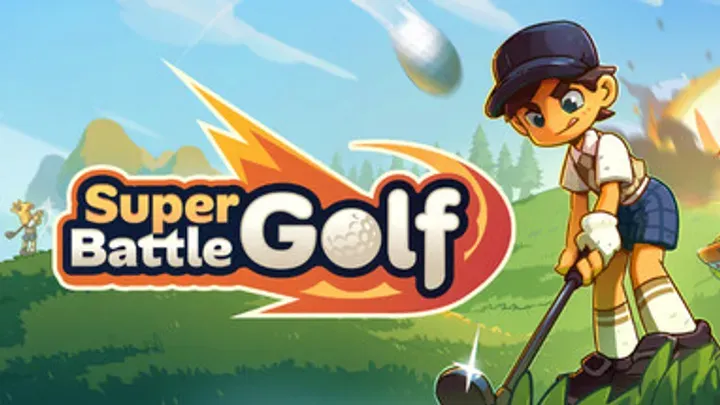
Super Battle Golf – How to Win and Dominate a Hot Game of Chaos and Precision
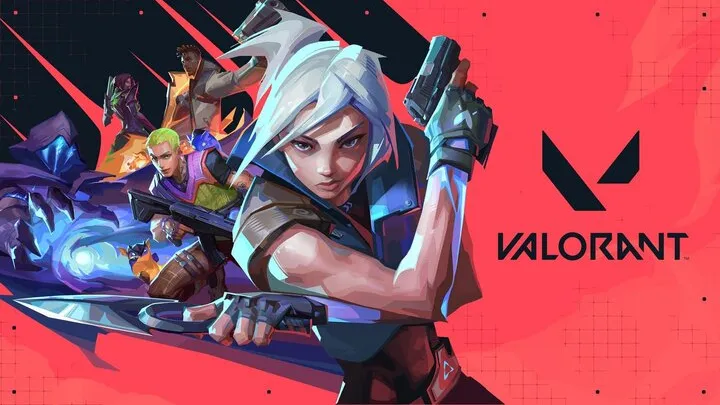
The Architecture of the Angle: A Technical Analysis of Valorant’s Tactical Geometry

The Primal Locomotion Revolution: Analyzing the Physics and Kinematics of Gorilla Tag

How to Play Watch Dogs 2 Effectively

